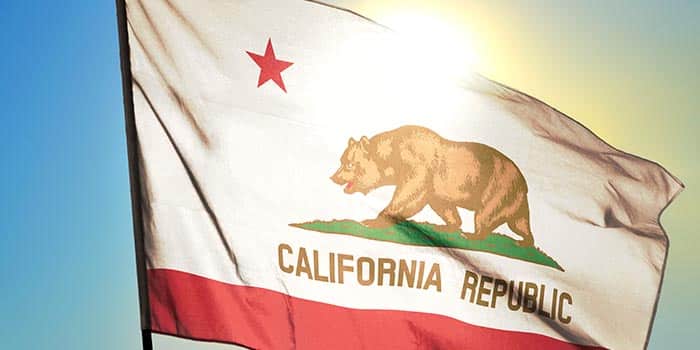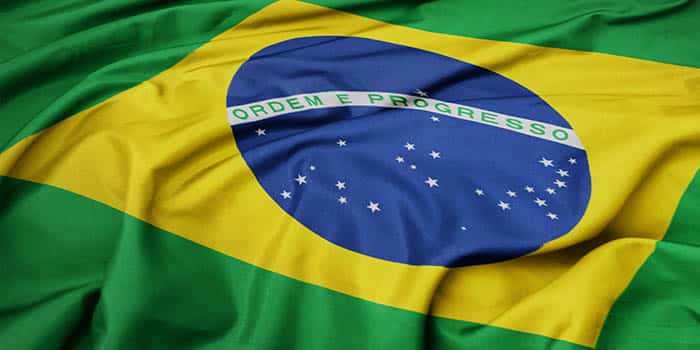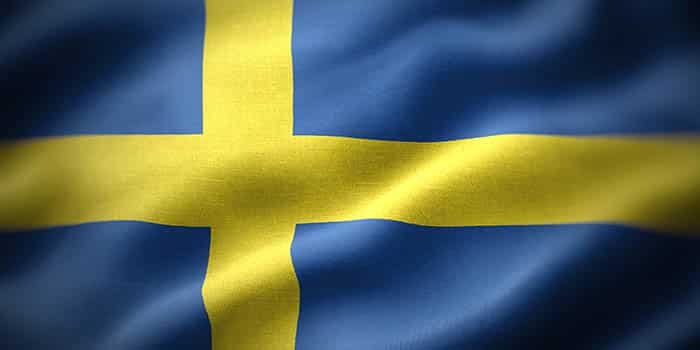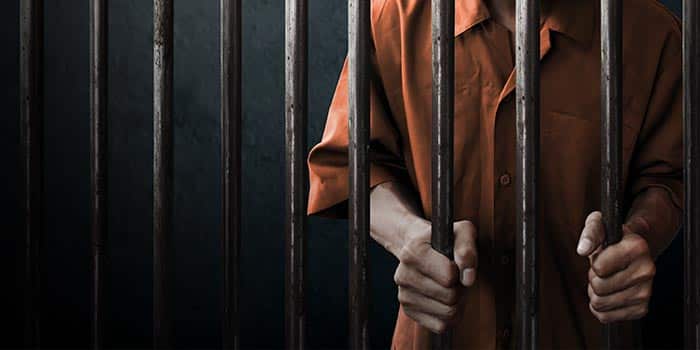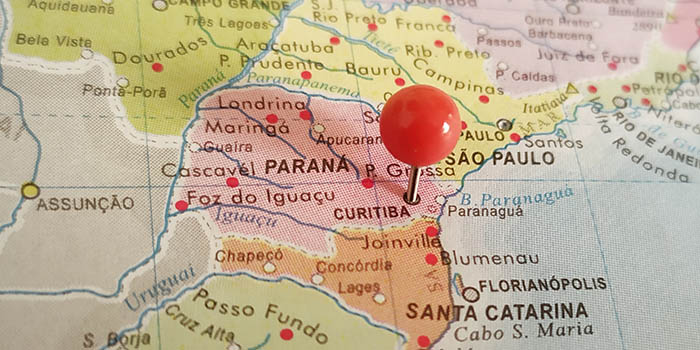- Casino
- By State
- Alabama
- Alaska
- Arizona
- Arkansas
- California
- Colorado
- Connecticut
- Delaware
- Georgia
- Florida
- Hawaii
- Idaho
- Illinois
- Indiana
- Iowa
- Kansas
- Kentucky
- Louisiana
- Maine
- Massachusetts
- Maryland
- Michigan
- Minnesota
- Mississippi
- Missouri
- Montana
- Nebraska
- Nevada
- New Hampshire
- New Jersey
- New Mexico
- New York
- North Carolina
- North Dakota
- Ohio
- Oklahoma
- Oregon
- Pennsylvania
- Rhode Island
- South Carolina
- South Dakota
- Tennessee
- Texas
- Utah
- Vermont
- Virginia
- Washington
- West Virginia
- Wisconsin
- Wyoming
- By State
- Slots
- Poker
- Sports
- Esports
Fact-checked by Angel Hristov
IBJR Sides with STF Against Loterj in Geolocation Compliance Dispute
The ongoing discussions could be pivotal in shaping Brazil’s burgeoning legalized gambling sector as the nation seeks to ensure legacy lottery providers align with updated regulations

The Brazilian Institute of Responsible Gaming (IBJR), which represents roughly 75% of Brazil’s gambling operators, has aligned itself with the Supreme Federal Court (STF) in its ongoing dispute with the Rio de Janeiro State Lottery (Loterj). Despite an official court ruling mandating the use of geolocation technology, Loterj has vehemently resisted implementing such measures, citing technical limitations.
The Court Stood by Its Decision
The STF recently reaffirmed its decision mandating state lotteries like Loterj to ensure their operations remain confined within state borders by implementing geolocation solutions. Such tools prevent customers from accessing the company’s services unless they are physically located within its jurisdiction. Brazilian authorities thus view geolocation as a vital milestone toward safeguarding the territorial integrity of local gaming markets.
Despite the ruling, Loterj has maintained its critical stance regarding geolocation technology, claiming such solutions were unnecessary and impractical. The lottery argued that customers could instead self-report their locations to ensure compliance. However, this proposition has substantial drawbacks, as it does not prevent users from entering the wrong information.
The STF’s ruling stipulates significant financial penalties should Loterj continue to resist. The lottery faces fines of R$500,000 ($84,000) for each day of non-compliance. Loterj’s president is also subject to a similar R$50,000 ($8,400) penalty. Justice Mendonça, who presided over the ruling, was adamant that such a measure was integral to enhancing consumer protection and fostering a fair and equitable gambling market.
Geolocation Solutions Are Common and Readily Available
The IBJR has asked to intervene in the ongoing dispute as amicus curiae, a “friend of the court,” to provide insight and expertise pertinent to the case. According to the IBJR, Loterj licensees have easy access to a broad selection of geolocation technologies available on the market. This assertion contradicts Loterj’s prior statements and significantly weakens its arguments.
While questionable, Loterj’s stance makes business sense. Strictly limiting the lottery’s operations to Rio de Janeiro would significantly impact its bottom line, as Loterj-licensed operators could previously offer their services throughout Brazil. This change makes a Loterj license much less desirable and ensures companies wishing to operate nationwide must go through the Secretariat of Prizes and Bets (SPA).
The IBJR’s intervention could be the final nail in the legal saga surrounding Loterj’s position within the broader Brazilian gambling ecosystem. Most stakeholders agree that leaving a back door for companies lacking the necessary licensing to operate nationwide could undermine the burgeoning gambling industry, justifying the STF’s ruling and the steep fines threatening Loterj.
Related Topics:
Deyan is an experienced writer, analyst, and seeker of forbidden lore. He has approximate knowledge about many things, which he is always willing to apply when researching and preparing his articles. With a degree in Copy-editing and Proofreading, Deyan is able to ensure that his work writing for Gambling News is always up to scratch.
More Articles



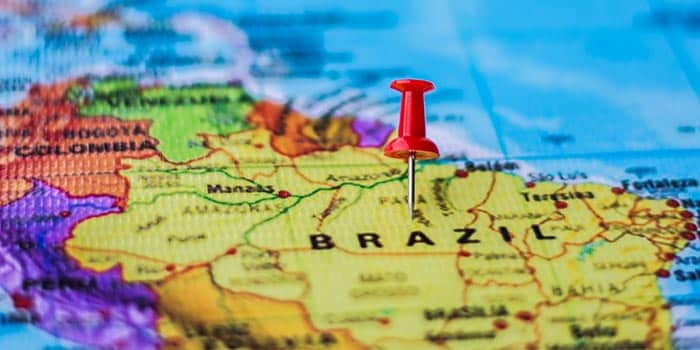
Casino
July 9, 2025
Nolimit City Expands to Brazil with SkillOnNet
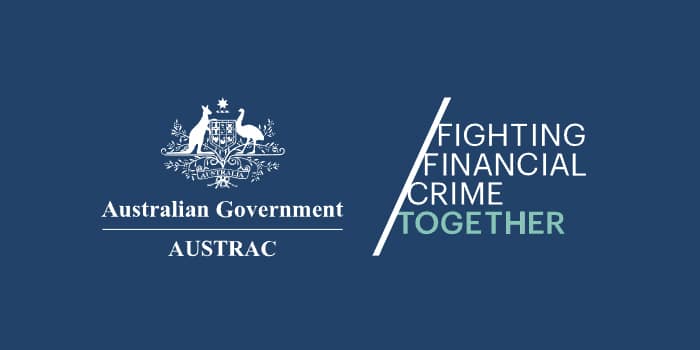
Legal
July 7, 2025
Former SkyCity Executives Sued Over AUSTRAC Penalty
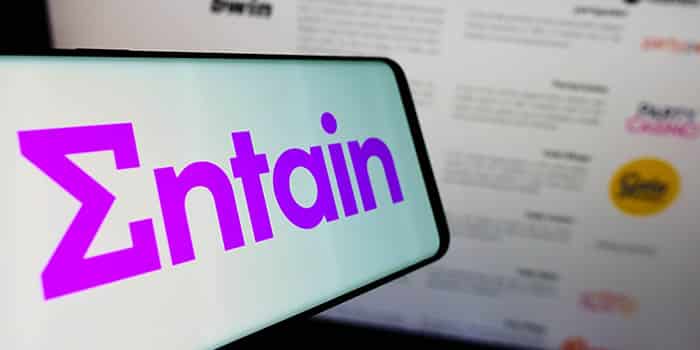
Legal
June 26, 2025
Entain Loses Trademark Battle in EU Copyright Clash





